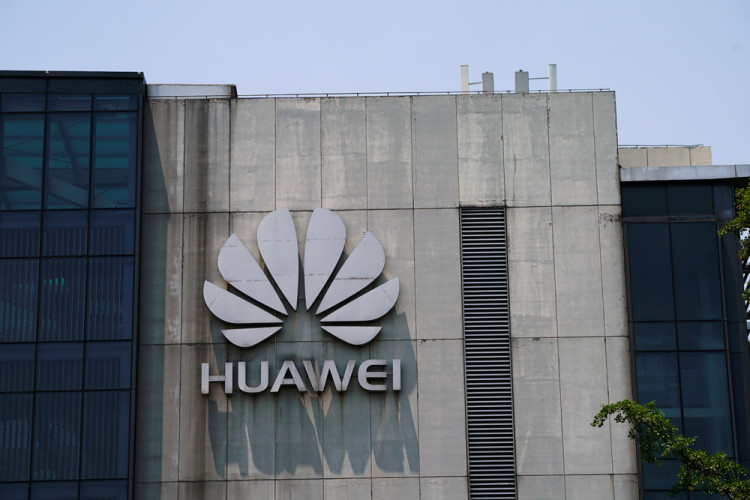Huawei Technologies, the world's top producer of telecoms equipment, revealed a new high-end 5G wireless network laboratory on South Korea, the United States' key security ally in Asia. Huawei challenges the United States executive order to blacklist Huawei from the United States tech supply chain.
The Chinese tech giant plans pour in about $5 million in the lab in the Jung-gu district of Seoul. The company did not release any statement regarding the launch and the media were not invited during the event.
Huawei's Korea office said in a statement that based on the philosophy of "In Korea and for Korea" and the strength of its own 5G network, Huawei will build a 5G ecosystem through cooperation with a number of South Korean ICT companies and especially small-and-medium enterprises.
According to a person with knowledge of the matter, Huawei wanted to promote the launch to as many Korean small-and-medium enterprises as possible, but it decided to keep the press out after the ban to avoid any damage to its Korean partners in case they are shown in media.
News of the event was overshadowed by the decision of the United States to ban American tech and telecom firms from doing business with Huawei. The United States also advised its allies not to involve Huawei in their 5G networks. South Korea is caught between the conflict of its crucial security ally and its biggest trading partner.
Recently, the Chinese firm filed a motion claiming that the ban imposed upon the company is unconstitutional. The Verge's report said that Huawei is arguing that the government ban is "a bill of attainder." Under the constitution, Congress is forbidden from passing laws that target specific people, and Huawei says the ban qualifies.
The United States Secretary of State Mike Pompeo said in an interview that Huawei Technologies is an "instrument of the Chinese government" and its ties to the country's Communist Party pose serious threats to the economy and national security of the United States.
Pompeo claims that in the United States, companies cooperate with the government but presidents do not direct private companies. He added that it is very different in China where companies operate "under a different set of rules". He added that if the Chinese Communist Party wanted to get information from technology that was in the possession of Huawei, it is almost certainly the case that Huawei would provide that to them. He emphasized that there is deep connectivity that exists inside the way their political economy operates.





